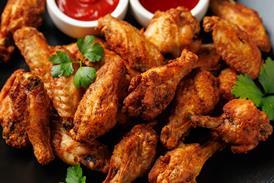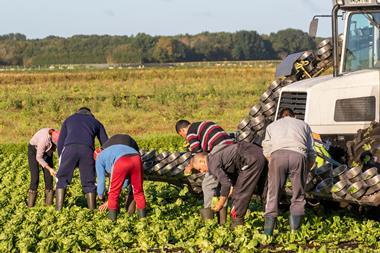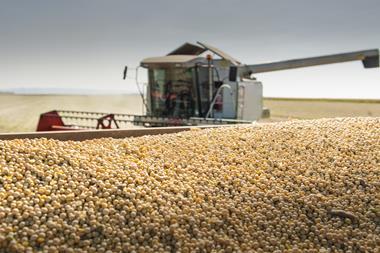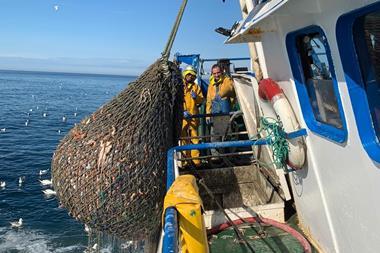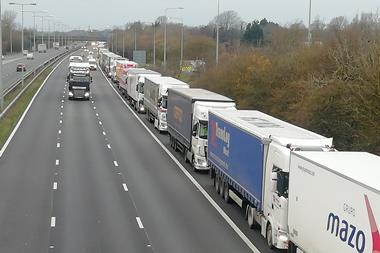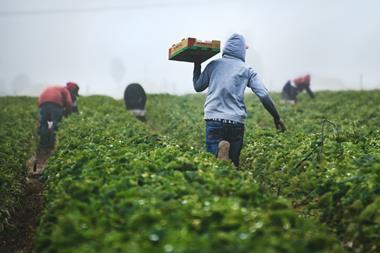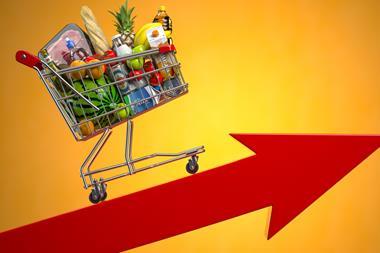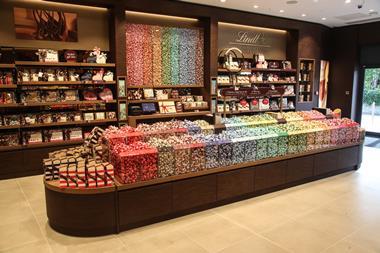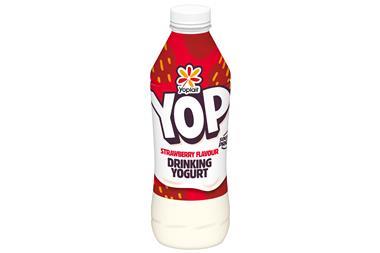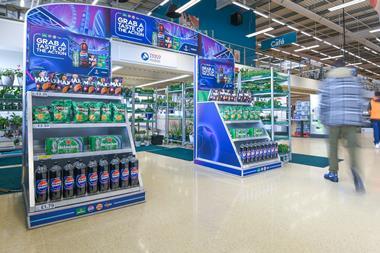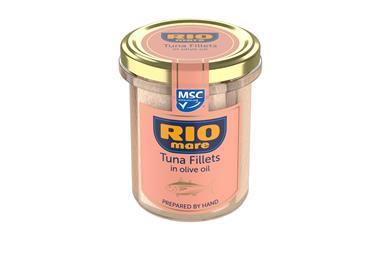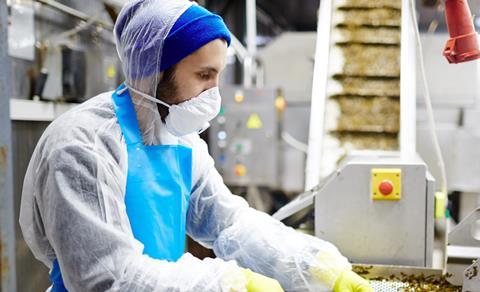
Food and drink businesses have been hit far harder by rising energy prices and international supply chain hitches than other industries, according to an Office for National Statistics survey.
Last month, six in 10 businesses in the food and drink sector said they were “affected” by the rise in energy prices, compared with 38% across all sectors, the ONS findings showed.
With food price inflation jumping from 2.7% in February to 3.3% in March, the ONS said the price increases reflected the many “challenges faced by businesses in the food and drink sector”, which were driven by a combination of “supply chain issues, increasing costs and labour shortages”.
One survey response, attributed by the ONS to a “food and drink business”, lamented that “prices have shot up in an unprecedented manner”, leaving the company “struggling to keep pace with the increases”.
Worldwide energy costs and agricultural commodity prices had already soared on the back of inflationary pandemic-related government spending increases, before the late-February invasion of Ukraine by Russia – Europe’s biggest supplier of gas – heaped further pressure on energy prices and related costs such as transport and fertiliser.
Capital Economics said on Monday that the invasion and retaliatory sanctions had “caused price pressures to intensify again”. And with no end to the war in sight, retailers and shoppers were likely face further prices rises in the coming months with inflationary and supply chain pressures coming from multiple directions.
In light of these challenges, another food business told the ONS it would likely remain stuck “in constant crisis management mode to ensure that we are not being adversely affected by the current inflationary environment”.
The comments followed warnings last week by British Retail Consortium CEO Helen Dickinson that food shoppers had been pummelled by “mounting cost pressures throughout the supply chain for some time, including rising wages, input costs, global commodity prices, energy, and transport”.
“Many of these costs are beginning to be exacerbated by the situation in Ukraine, but the full impact on prices is yet to be seen,” Dickinson added.
She was echoed by Kitty Ussher, chief economist at the Institute of Directors, who said “the reality of higher energy and commodity prices, plus the hike in employment taxes, all overlaid with a general climate of deep uncertainty, is now having a real economic impact”.
Consumer confidence plunges rapidly in face of soaring prices
Power prices in Western Europe’s five biggest economies (Germany, the UK, France, Italy and Spain) hit an all-time high in March, according to energy research firm Rystad Energy, with gas listed as “the key driver”. Russia’s demand that buyers of its gas pay in rubles was likely to push prices higher still, Rystad warned last week.
And what one of Britain’s leading olive oil suppliers described to The Grocer as “huge increases in fuel and gas costs” had affected “all areas of the business”, with shortages of paper, timber and glass traced to the war in Ukraine likely to further pressure supply chains and add to logistical hold-ups faced by UK food businesses.
Bad weather and boat shortages contributed to hours-long queues at Dover over the weekend, according to the port and ferry operators, leading to delays for some British food exports bound for the continent.
Last week, Marco Forgione, director general of The Institute of Export & International Trade, warned there had “already” been a “significant shock to the global food supply chain due to the war in Ukraine and the Covid-19 induced logistics issues”. He added the UK would face a further shock later in the year if food importers were “not fully prepared” for physical checks on food imports from the European Union, which are due to start at Dover and other ports from 1 July.
“We could see a further rise in the cost of living for UK families and shortages of continental food staples in UK supermarkets, as well as long delays at the UK border,” Forgione warned.
Farmers in EU member states, which supply around a quarter of the food consumed in the UK, had separately warned that new emissions restrictions, due to be published on Tuesday, were likely to “have serious consequences for the dairy, beef, poultry and pig sector”.
“We have a food security crisis and the Commission is focusing on making food production more difficult,” the Irish Farmers’ Association said. and further challenges for food businesses.




